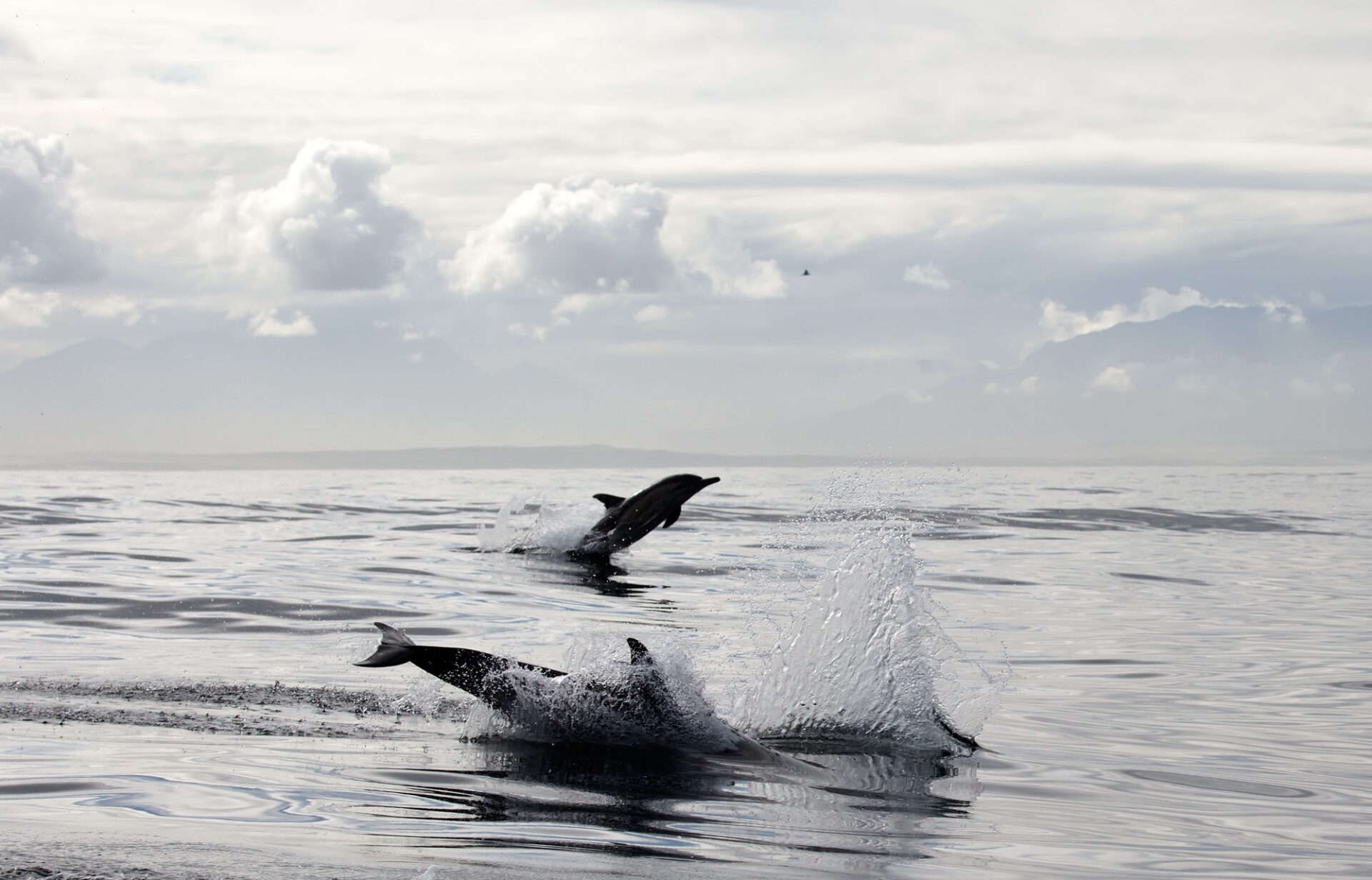There are many ways to practice eco-conscious travel while observing wild animals. One of the most important things to keep in mind is to minimize the impact of humans on the environment. This means that travellers should be aware of their surroundings and respect wildlife. When observing wildlife, keep a safe distance to avoid disturbing or frightening the animals. Stay on designated trails and paths to avoid trampling vegetation or disturbing the habitat of local species. It is also essential to leave no trace and not leave any garbage or litter behind.
Why not take pictures of captured wild animals
Capturing and restraining wild animals in order to take pictures with them is harmful to the animals and can cause them distress and even harm. Additionally, capturing and holding wild animals for this purpose is often done without regard for their welfare or natural behaviour. It may involve illegal activities such as poaching or trafficking.
Instead of taking pictures of captured wild animals, it is vital to appreciate and respect their natural habitats and behaviours from a safe distance. This helps to protect both the animals and their natural habitats and promotes responsible and sustainable wildlife conservation practices.
Riding on elephants
Elephants used for riding or other forms of entertainment are often subjected to cruel training methods and inhumane living conditions. Therefore riding on elephants is not responsible or ethical behaviour. Many elephants used for riding are taken from their natural habitats and forced to undergo a brutal training process known as “breaking,” which involves separating the elephant from its mother at a young age and subjecting it to physical and psychological abuse, making it submissive to human control. Furthermore, riding elephants can cause physical harm to these gentle giants. The weight of the saddle and the rider can cause damage to the elephant’s spine and other internal organs, leading to long-term health problems. Reasons not to ride on an elephant
It is essential to promote responsible and sustainable wildlife tourism practices that prioritize the welfare and well-being of animals. For example, instead of riding elephants, visitors can observe them from a safe distance in their natural habitats or at responsible sanctuaries that prioritize animal welfare. For example visit Kindred Spirit Elephant Sanctuary in Thailand, where you can have the experience of hiking in the forest, find the elephants and observe their natural behaviors in their home environment.
Dancing bears
Dancing bears are wild animals trained to perform tricks in circuses and other forms of entertainment. This cruel practice involves capturing cubs and teaching them to perform tricks through physical punishment and deprivation. To practice eco-conscious travel while observing dancing bears, travellers should make sure to support organizations that are against animal exploitation. Please avoid attending any shows that involve dancing bears, as this only perpetuates the cruelty.
Avoid circuses with wild animals
Circus environments fail to meet the complex physical, emotional, and social needs of wild animals, like lions, tigers and elephants. They are usually confined to small cages or enclosures, depriving them of the space to move, exercise, and express natural behaviors. Wild animals in circuses are regularly subjected to long-distance travel, spending many hours in cramped and uncomfortable conditions. The training methods employed in circuses often involve the use of physical punishment, coercion, and deprivation to force animals into performing unnatural and often dangerous tricks. This can involve cruel practices such as beating, chaining, whipping, and the use of painful devices. In recognition of these concerns, more and more countries have implemented bans or restrictions on the use of wild animals in circuses. These regulations aim to promote animal welfare and encourage the public to appreciate and protect animals in their natural habitats.
Beside the world famous Cirque du Soleil, have a look at the site of Peta for more animal-free circuses
Don’t go to Sea World or any other Marine Park
Sea World is a theme park that exhibits and performs with dolphins, whales, and other marine animals. The park has been criticized for its unethical treatment of animals, which includes keeping them in confined spaces and using cruel methods to train them to perform tricks. To practice eco-conscious travel, visitors should avoid going to Sea World and instead seek more ethical ways to observe marine animals in their natural habitat. This can include whale-watching tours, and research centres focused on conservation and protecting the welfare of marine animals.
Marine parks, where marine mammals are kept in captivity for entertainment, have been criticized for being like prisons for these animals. However, marine mammals such as dolphins, whales, and seals are highly intelligent and social creatures used to swimming long distances and living in complex social groups in the wild.
In marine parks, these animals are often confined to small, artificial pools that are a fraction of the size of their natural habitats. As a result, they are also deprived of the mental and physical stimulation they would typically receive in the wild, leading to boredom, stress, and various health problems.
Furthermore, the training methods used to control these animals in captivity are often cruel and inhumane. For example, they may involve food deprivation, physical punishment, and other forms of abuse designed to make the animals perform tricks for entertainment.

Preserving Natural Beauty: Conscious travelers appreciate the natural beauty of the destinations they visit and take steps to preserve it. They follow designated trails, avoid littering, and respect wildlife and natural habitats. By taking responsible actions, they contribute to the long-term preservation of these natural wonders.
This article is part of the series by Conscious Travel Guide, your resource for mindful globetrotting.


